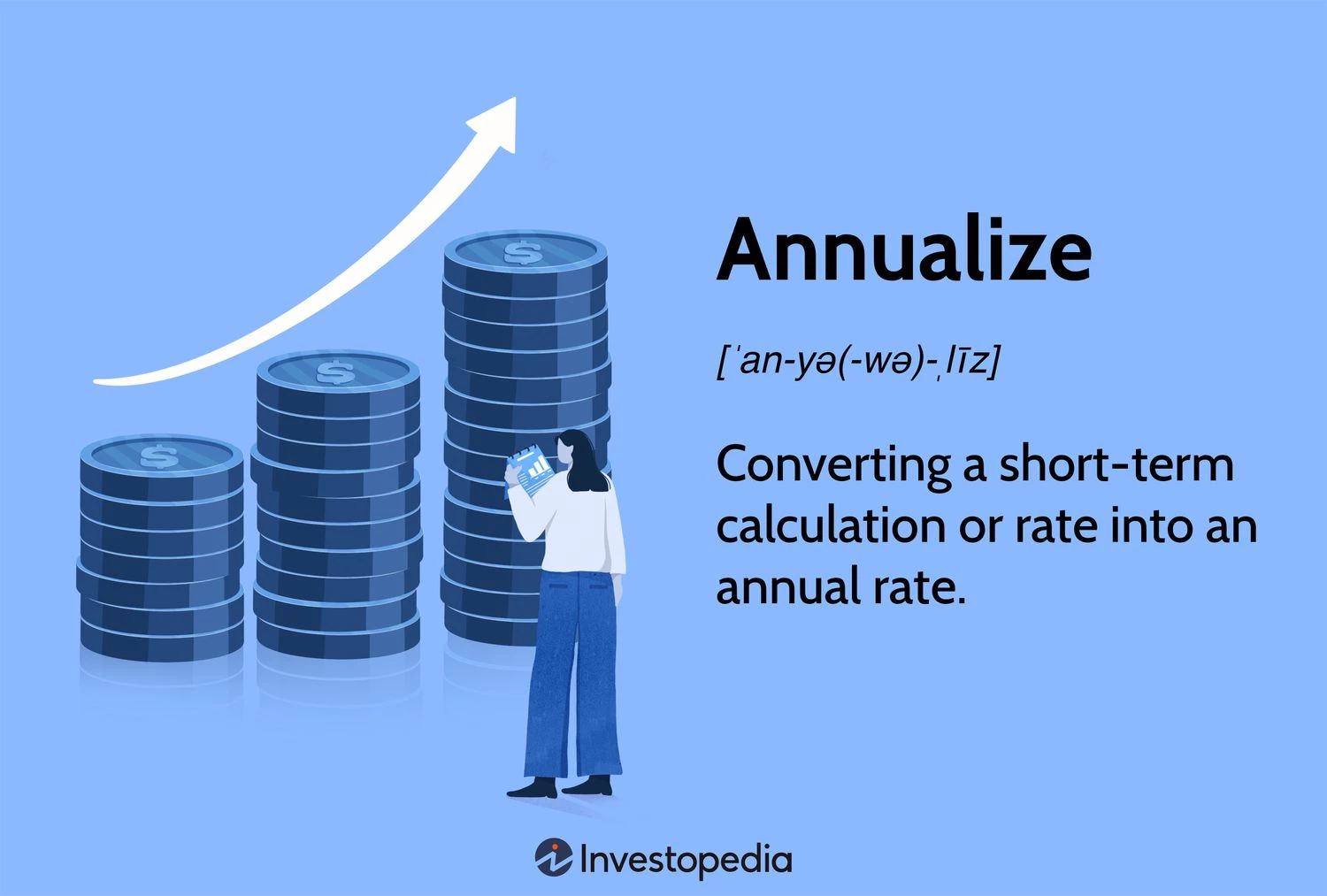Can you explain the functions of the stock market?
Understanding the Stock Market
The stock market, a hub of trading activities for company shares, plays a crucial role in modern economies, serving as more than just a capital-raising platform but also a barometer for economic health.
Key Takeaways:
- The stock market is a trading network for stocks and their derivatives, pivotal in modern economies for companies to raise funds and promote economic health.
- Public companies, listed on stock exchanges, provide ownership through shares traded publicly under stringent regulations.
- Stocks give investors, from institutional to modest individuals, opportunities for income, profit, and influence over companies.
- The Securities and Exchange Commission (SEC) and state regulators oversee U.S. stock markets.
Stock prices fluctuate based on supply, demand, company performance, economic conditions, and investor sentiment, influencing buying and selling decisions.
While often used interchangeably, the stock market and stock exchange differ. Stock market traders operate on exchanges like NYSE and Nasdaq.
How Does the Stock Market Work?
The stock market, a vast network, facilitates the buying and selling of company shares, ensuring a fair and transparent marketplace.
What are Public Companies?
Public companies offering shares in IPOs can trade on stock exchanges like NYSE and Nasdaq, following strict laws and financial disclosures.
The primary market involves raising funds through direct trades or IPOs, while the secondary market sees traded stocks after IPOs.
What Are Stocks?
Stock ownership represents a share in a company, granting rights to profits and voting on company matters.
Stock exchanges facilitate the trading of publicly listed company shares, providing liquidity and investment opportunities.
What is a Stock Exchange?
Stock exchanges act as regulated platforms for buying and selling securities, like NYSE and Nasdaq, ensuring fair, transparent trading.
Exchanges like NYSE and Nasdaq are key players in global stock trading, offering transparency and real-time pricing information.
Investors and Traders
Institutional investors, retail investors, and traders engage in the stock market, with varying timeframes and strategies influencing trading patterns.
Investors focus on long-term growth, analyzing company fundamentals, while traders exploit short-term market volatility with technical analysis.
Role of Brokers
Brokers facilitate stock trades for investors, offering services from investment advice to executing trades, varying from full-service to discount options.
Online brokerage firms and robo-advisors provide accessible, low-cost options for investors, enhancing convenience and financial planning.
Regulators
Regulators like the SEC oversee stock market integrity, ensuring fair practices and investor protection, while exchanges maintain transparent trading standards.
FINRA focuses on brokerage firms, enhancing retail investor protection, ensuring market integrity and global market trust through regulatory oversight.
How Stock Prices are Determined
Stock prices reflect company value, shaped by supply and demand, fundamental factors like earnings, and technical indicators such as historical price trends.
Economic events and investor sentiment impact stock prices, influencing market volatility and investor decisions.
Market Indexes
Indexes like DJIA and S&P 500 provide a snapshot of the market, acting as benchmarks for stock performance and aiding in investment decision-making.
Investors use indexes for portfolio evaluation, comparing stock performance against sector-specific or broad market benchmarks.
What Does the Stock Market Do?
The stock market enhances corporate governance, offers economic indicators, investment opportunities, liquidity, aids capital raising, and allocates resources efficiently.
Why Is the Stock Market So Important?
The stock market’s central role in the economy is evident through its impact on wealth creation, retirement planning, technological advancements, economic growth, and everyday financial decisions.
What’s the Difference Between the Bond Market and the Stock Market?
The bond market focuses on debt securities, while the stock market trades company shares, offering differing risk-reward profiles and investment opportunities.
What Is an Alternate Trading System?
Alternate trading systems match large transactions outside regular exchanges, providing platforms for securities trading.
Who Helps an Investor Trade on the Stock Market?
Stockbrokers, portfolio managers, and investment bankers assist investors in buying and selling stocks, managing portfolios, and facilitating company transactions.
The Bottom Line
The stock market, a vital component of the economy, enables buying and selling of securities, influencing companies, investors, and economic trends.





